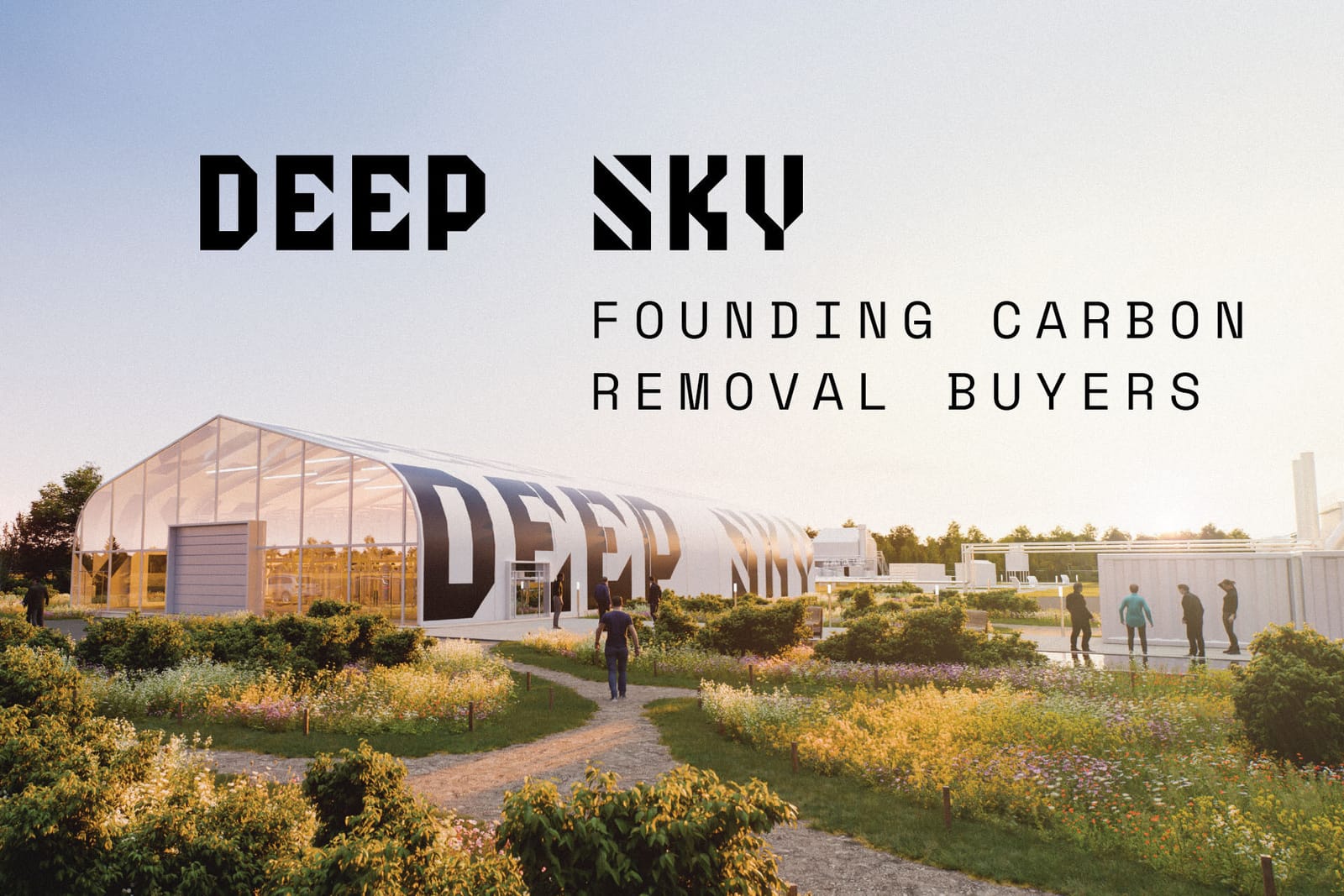It is no longer a secret that Microsoft has fallen behind on its climate goals due to its new focus on artificial intelligence. Reports earlier this year established that the company's greenhouse gas emissions for 2023 were 30% higher than those it reported in 2020 when the company pledged to become carbon-negative by 2030. Microsoft has since expanded its strategies to attain carbon neutrality, including a purchase agreement with Constellation Energy which will restart the Three Mile Island Unit 1 nuclear reactor.
In a recent press release, Deep Sky, a technology-agnostic carbon removal project developer, announced that founding buyers, including Microsoft and the Royal Bank of Canada, have made a credit purchase that will facilitate the removal of 10,000 tons of carbon dioxide from the atmosphere through Deep Sky Labs. Following this initial commitment, Deep Sky will allow its founding buyers to buy a further 1 million tons from its pipeline.
As a tech-agnostic direct air capture (DAC) project, Deep Sky Labs aims to test and validate several DAC technologies to accelerate the quest for scalable carbon removal technologies. Eight technologies, provided by Airhive, Avnos, Phlair (formerly Carbon Atlantis), Greenlyte, Mission Zero, NEG8 Carbon, Skyrenu, and Skytree, will be deployed side-by-side, with Deep Sky providing renewable power and permanent carbon storage facilities. Additionally, Deep Sky will be in charge of tracking and benchmarking the technologies' performance, and of supporting the production of verified carbon removal credits.







Comments